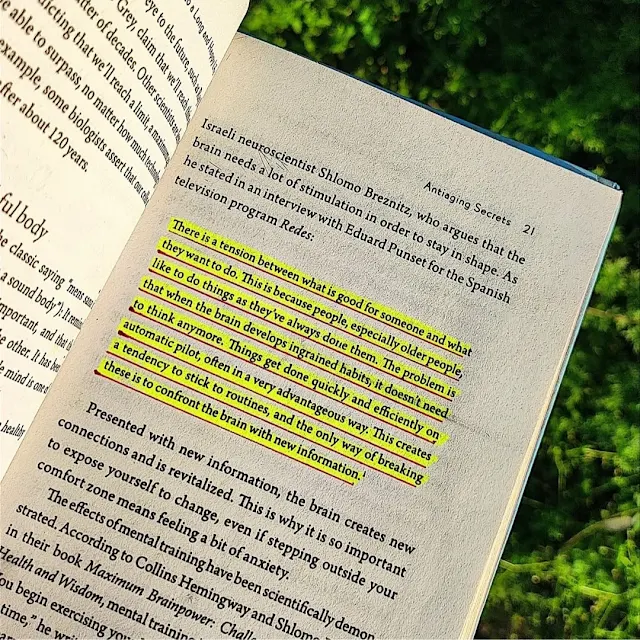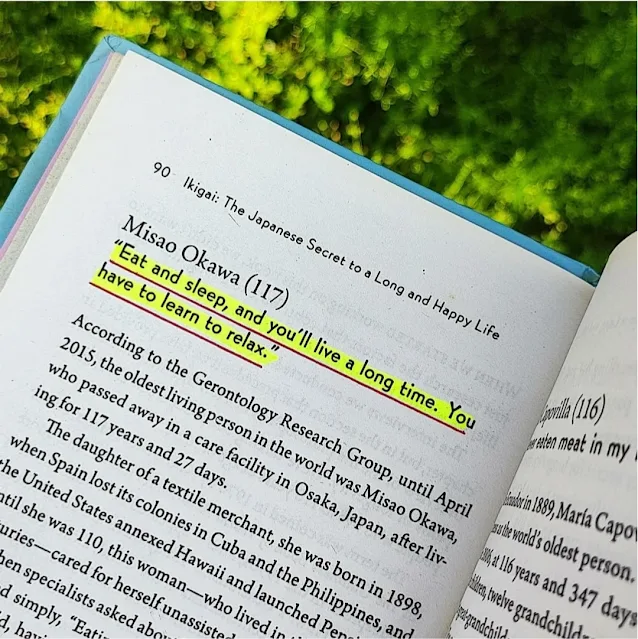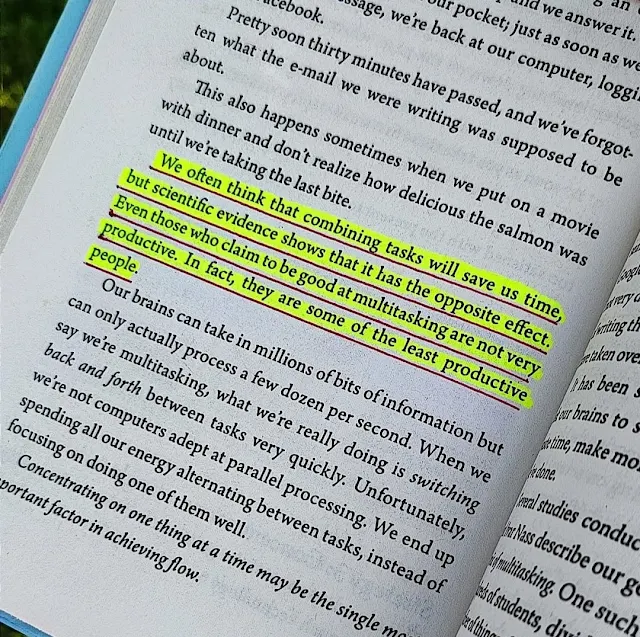The book begins by investigating why people in Okinawa, especially in the village of Ogimi, tend to live unusually long, happy, and active lives, often surpassing 100 years. The authors conduct interviews with residents and explore daily habits, mindsets, and cultural principles that contribute to their longevity. Central among these is the belief that having a purpose, no matter how big or small, is key to staying mentally and physically healthy.
Garcia and Miralles present ikigai as the intersection of four essential elements:
1.What you love
2.What you are good at
3.What the world needs
4.What you can be paid for
When these four align, a person finds their ikigai—their reason for living that provides satisfaction, direction, and motivation. Unlike Western ideas of success, which often center around wealth and achievement, ikigai focuses on balance, simplicity, and personal meaning.
Throughout the book, the authors incorporate insights from psychology, philosophy, and wellness traditions. They discuss the importance of:
Staying active: Never retire mentally or physically. People with ikigai continue contributing to society through hobbies, social roles, or work, even in old age.
Having strong social ties: Okinawans emphasize community, friendship, and daily social interaction.
Eating lightly: They follow the principle of hara hachi bu, which means eating until you are 80% full.
Stress reduction: Practices like mindfulness, nature walks, and even small routines like tea preparation help reduce anxiety.
Resilience and flow: The book discusses how a sense of flow—being fully immersed in an activity—can boost happiness and reduce stress.
The tone of the book is gentle and reflective, often encouraging the reader to slow down and reassess their priorities. Rather than offering a one-size-fits-all solution, the authors suggest that each person’s ikigai is unique and must be discovered through introspection, experimentation, and self-awareness.
In essence, Ikigai is both a philosophical exploration and a practical guide to living more intentionally. It draws from ancient wisdom but applies it to modern life, making it especially appealing to readers seeking depth and purpose in a fast-paced world. The central takeaway is simple yet profound: when you live with purpose, even the smallest daily tasks can feel joyful and meaningful.
The Ending Message:
By the end of the book, the "story" comes full circle: from a question (Why do Okinawans live so long and happily?) to an answer (They live with ikigai—purpose, community, and joy in daily life). The authors encourage readers to reflect on their own lives and try to find their personal ikigai by identifying what they love, what they’re good at, what the world needs, and what they can be paid for.
In summary, while Ikigai doesn't tell a fictional tale, its true "story" is the real-life journey of discovery—both the authors' and the people they meet—about what it means to live a good, purposeful life.


















0 Comments